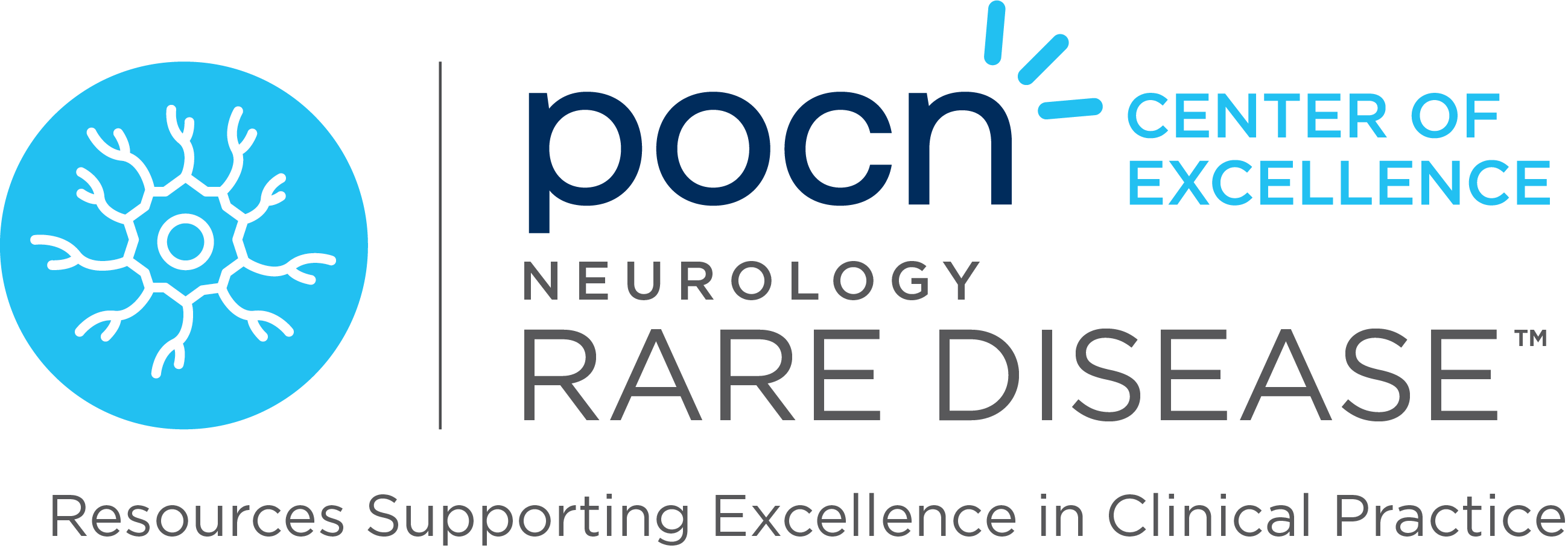Immune-mediated necrotizing myopathies (IMNM) are autoimmune muscle disorders marked by proximal muscle weakness and elevated creatine kinase (CK) levels. These conditions may be linked to autoantibodies such as anti-HMGCR and anti-SRP, can be triggered by statin use, associated with cancer, or occur without a known cause. While immunotherapy is essential for improving muscle strength and reducing CK levels, no treatments have been officially approved by the US Food and Drug Administration for IMNM. Management of the condition varies widely, and the best treatment approach remains unclear. However, studies suggest certain therapies may be more effective based on the specific serological subtype of IMNM.
HMGCR-related IMNM often responds well to intravenous immunoglobulin (IVIG), sometimes as a standalone therapy. In contrast, patients with signal recognition peptide (SRP) or seronegative IMNM typically require a combination of immunotherapies, including oral immunosuppressants, corticosteroids, and either IVIG or rituximab. Long-term immunotherapy is common, as patients often relapse during tapering. Further research is needed to determine the optimal treatment strategies for managing IMNM and its subtypes effectively.
Reference: Suh J, Amato AA. Management of immune-mediated necrotizing myopathy. Muscle Nerve. 2024 Aug;70(2):166-172. doi: 10.1002/mus.28114. Epub 2024 May 27. PMID: 38801022.



